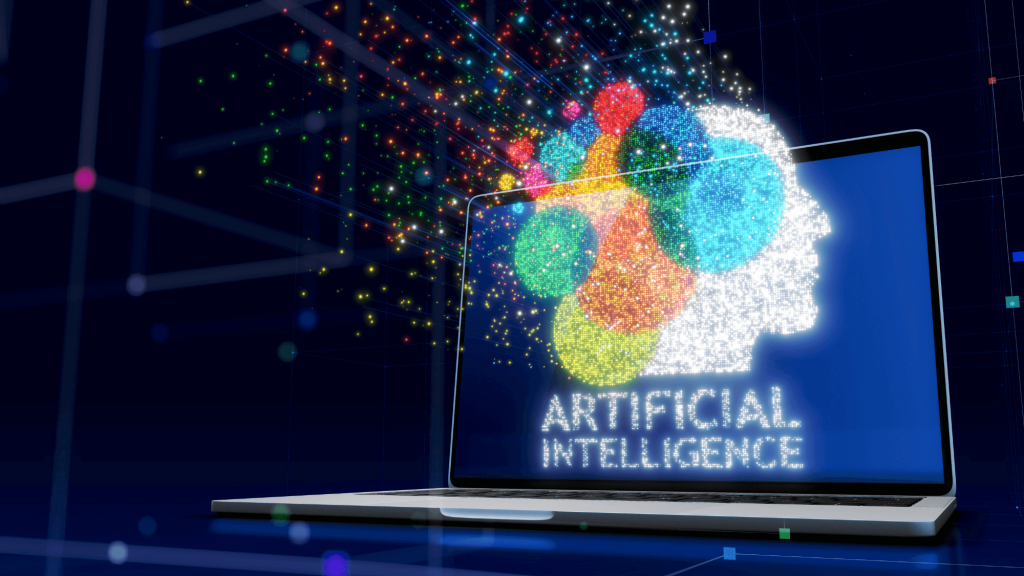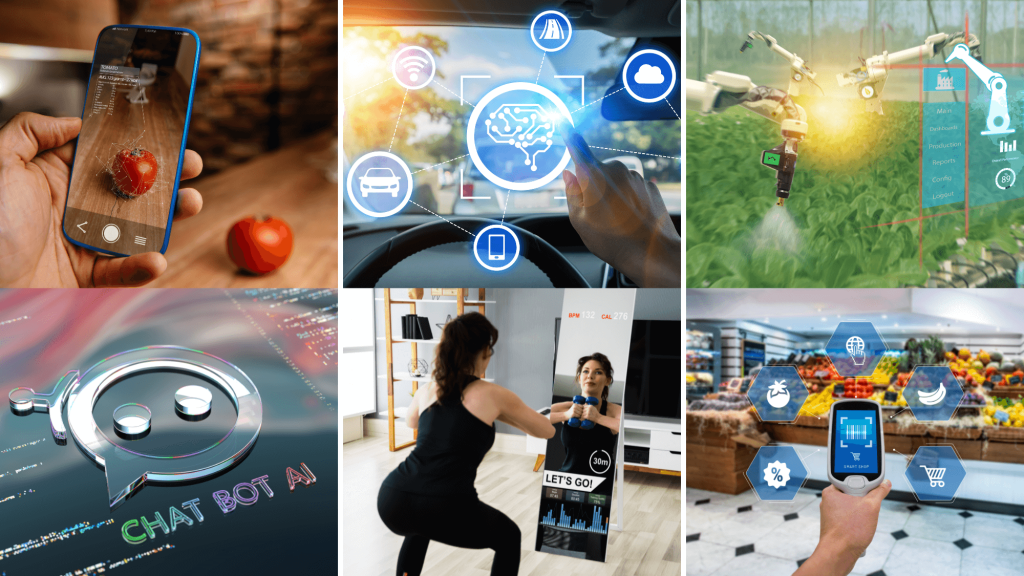
The immense potential of Artificial Intelligence (AI) to modify our daily lives, in both advantageous and perilous ways, is undeniable. However, experts are concerned that policymakers may not be adequately prepared for the potential consequences of widespread AI adoption. Unquestionably, no one markets the future better than the tech industry, especially with the term AI which, although machines cannot actually think, has become one of the most successful marketing phrases of all time.
Have you realised that AI is continually impacting our choices and lives? As this article will further elaborate, AI is not only a hot topic today, but also has the ability to dramatically reform our way of life, from advancing healthcare to restructuring our working methods. The advancements of Artificial Intelligence have made an impact on people’s lives by recognising faces, speaking, interpreting natural language, translating, and even discovering new drugs. Its reach goes far beyond that though, revolutionising the way many individuals look at their wellbeing, education, and general routine.

To get a better understanding, let’s start by defining AI, which entails the development of software and algorithms able to execute tasks typically associated with human intellect such as decision-making, natural language processing, and image recognition.
The development of AI is proceeding at a faster pace than ever, with expected investments to reach $110 billion by 2025, according to Gate Ninja website. These advancements are propelled by breakthroughs in computer power, data storage, and algorithms. Therefore, allowing machines to rapidly and precisely handle an immense quantity of data.
Amongst the most renowned AI chatbot nowadays is ChatGPT. Utilised initially just as a simple online companion, many have been astounded to discover that ChatGPT is in fact an AI-based chatbot. Powered by OpenAI’s large language model (GPT 3), ChatGPT was built to imitate human-like reactions and execute various jobs.
So, how will AI shape our future? To start, AI can transform industries such as healthcare, transportation, and finance, from enabling robots to aid in medical surgeries, self-driving vehicles to revolutionise transportation, to algorithms that can refine financial projections. Additionally, AI can increase effectiveness in businesses by automating tasks, enabling personnel to concentrate on activities that require creative problem-solving. Plus, AI can customise products and services according to the customers’ tastes, leading to a higher degree of customer satisfaction. Furthermore, AI-powered systems can monitor and spot potential security threats, as in the case of autonomous cars, decreasing accidents triggered by human blunders.
Yet, AI brings with it some possible challenges, such as data privacy worries, job displacement, and partiality in algorithms, which should be addressed to make sure that AI will offer its benefits and restrict any potential unfavorable outcomes. Therefore, it is imperative to make sure that AI is responsibly and ethically applied to build a brighter future.
With AWTG, AI has been applied on several platforms already such as integration of on website applications resulting to intelligent search results and even creating chatbots for an education and e-Sports event app. In the near future, more groundbreaking projects powered by AI and AWTG are expected to be released, hoping to make a positive impact on the industries in which it is applied.
“AI is transforming the way we live and work, opening up new possibilities and pushing the boundaries of what we once thought possible. As we embrace the power of AI, it is crucial that we ensure its ethical and responsible development to maximize its potential benefits while mitigating potential risks and challenges.”
-Kevin Nejad, AWTG Senior A.I. Engineer
At AWTG, we strongly prioritise the development of responsible AI, just as OpenAI is dedicated to ensuring AI technologies are accessible to everyone, and employed for the benefit of all humankind. Our goal is to provide our AI technologies to all sectors and industries that we serve, aiming to combat global issues and improve humanity as a whole.
